Saudi regime forces raid houses in Shia-majority Qatif region, abduct tens of young men
Saudi regime forces have reportedly stormed houses in the kingdom’s Shia-majority and oil-rich Eastern Province, arresting tens of young men as part of the Riyadh regime’s violent crackdown on followers of the religious community.
Lebanon-based Arabic-language al-Ahed news website reported on Thursday that Saudi troops onboard armored vehicles have raided residential buildings in al-Awamiyah town in Qatif region, located more than 420 kilometers (260 miles) east of the capital, Riyadh, and detained scores of people over the past two months without any justification.
The report added that Special Security Forces, accompanied by forces from Presidency of State Security – which is purportedly concerned with all matters related to counter-terrorism and domestic intelligence, last raided Awamiyah over the past few days, and arrested several young men, including Wassim Ali Al Nimer, Nabil al-Yassin and Zaki Mohammed Abu Abdullah.
The exact number of the detainees, their whereabouts and their conditions remain unknown. Their families have also not been allowed to contact them.
Earlier this month, two other young Shia men, identified as Khader al-Awami and Sheikh Abbas al-Saeed, were arrested, after their homes were stormed in Awamiyah.
The pair are said to be former students of Shia cleric Sheikh Nimr Baqir al-Nimr, an outspoken critic of the policies of the Riyadh regime who was executed in January 2016. Nimr had been arrested in Qatif in 2012.
Eastern Province has been the scene of peaceful demonstrations since February 2011. Protesters have been demanding reforms, freedom of expression, the release of political prisoners, and an end to economic and religious discrimination against the oil-rich region.
The protests have been met with a heavy-handed crackdown by the regime. Security forces have increased security measures across the province.
Ever since Crown Prince Mohammed bin Salman became Saudi Arabia’s de facto leader in 2017, the kingdom has arrested dozens of activists, bloggers, intellectuals and others perceived as political opponents, showing almost zero tolerance for dissent even in the face of international condemnations of the crackdown.
Muslim scholars have been executed, women’s rights campaigners – including Loujain al-Hathloul – have been put behind bars and tortured, and freedom of expression, association and belief continue to be denied.
Israel preparing to stay in southern Lebanon after ceasefire: Report
Israeli pressure on Hamas ‘hardly helped’; swap deal necessary: Ex-Mossad chief
Far-right Israeli minister Ben-Gvir again storms al-Aqsa Mosque
Iran: Israel’s attack on journalists’ vehicle in Gaza amounts to ‘war crime’
VIDEO | Israel’s war spending
Palestine Action wins again
VIDEO | Palestinian Authority's blockade of Jenin refugee camp reaches third week
Dec. 25: ‘Axis of Resistance’ operations against Israeli occupation


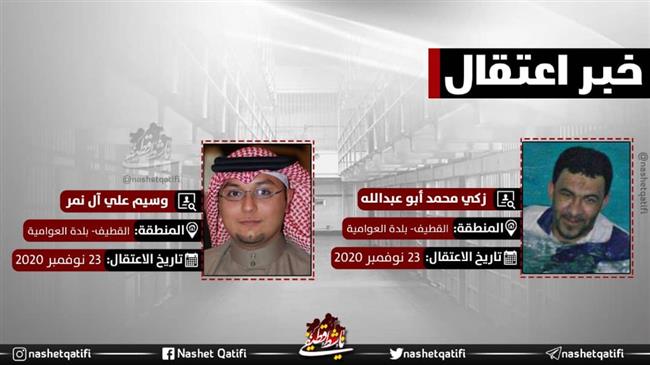








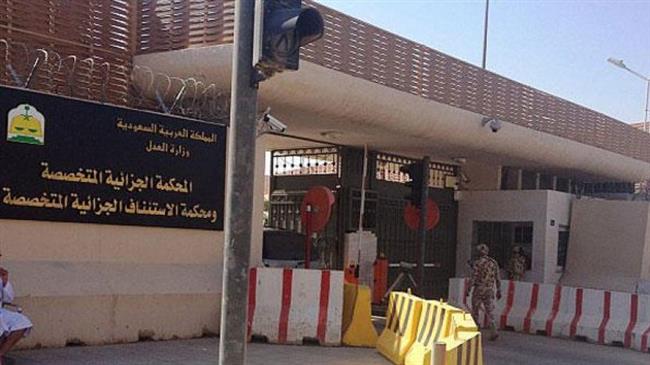
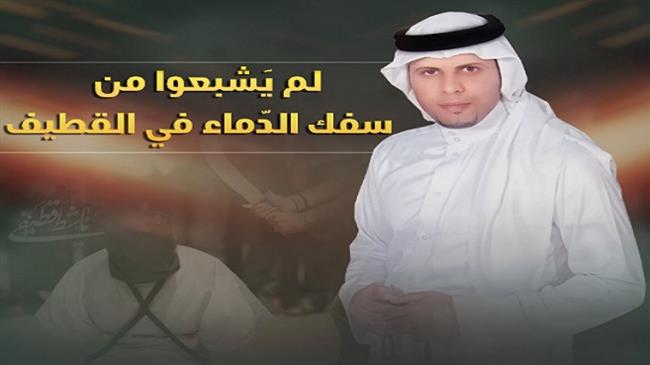
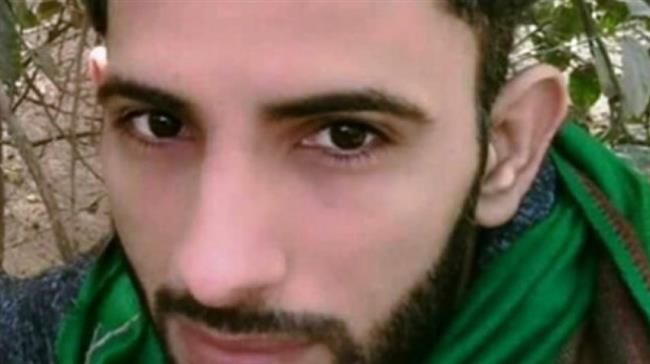
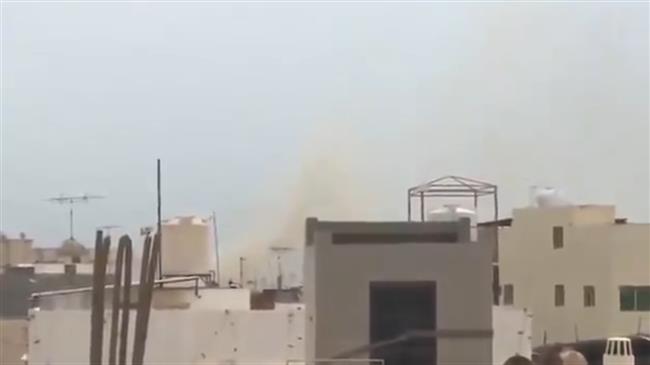
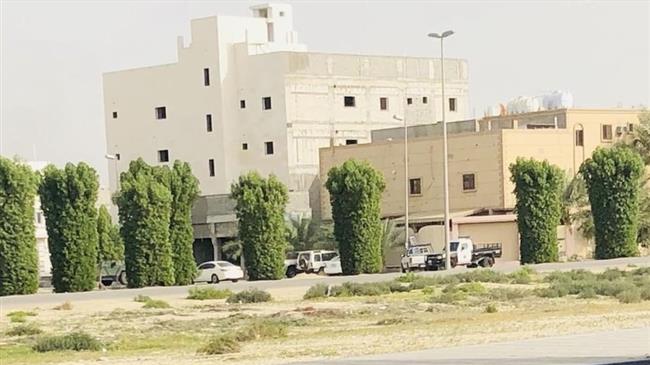
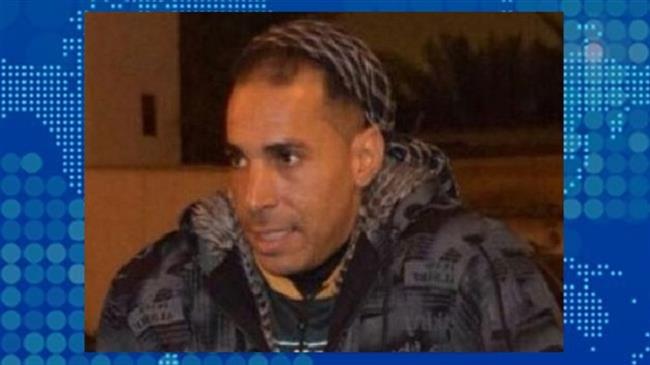
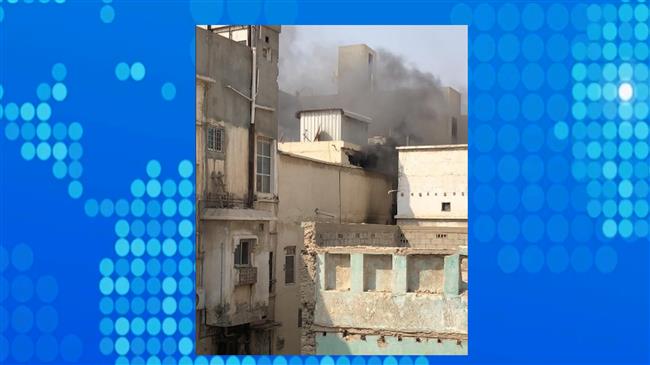

 This makes it easy to access the Press TV website
This makes it easy to access the Press TV website